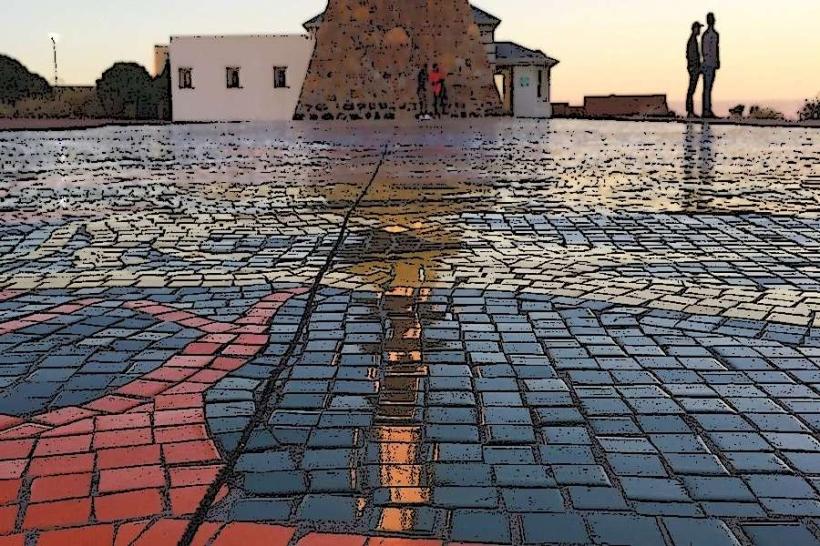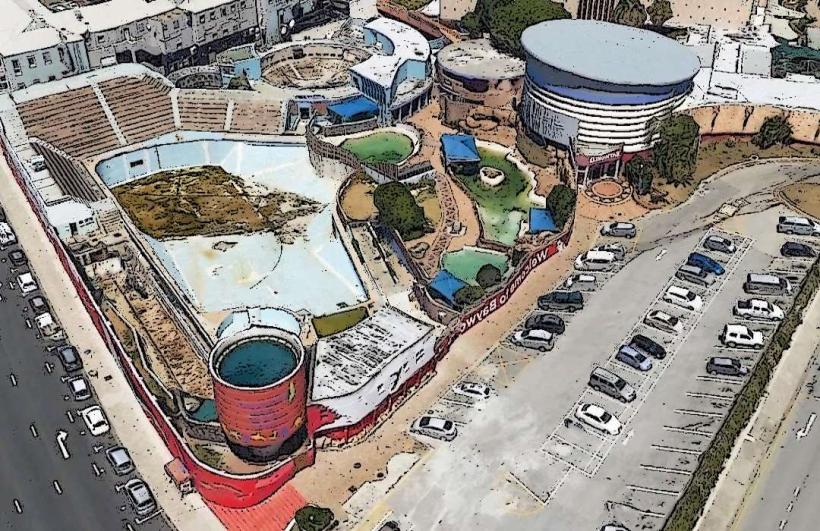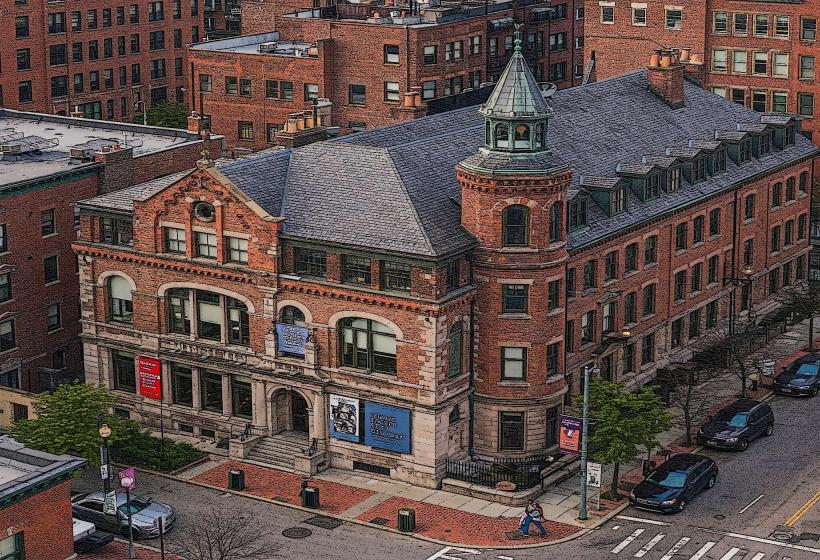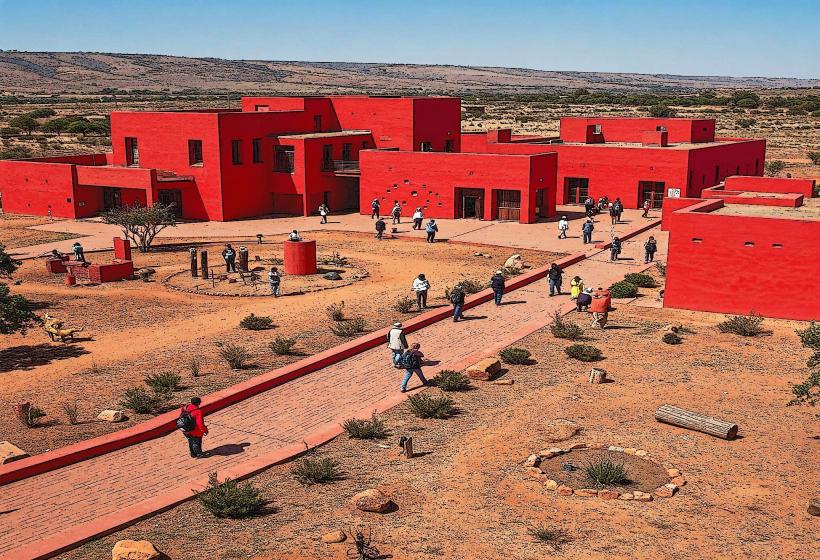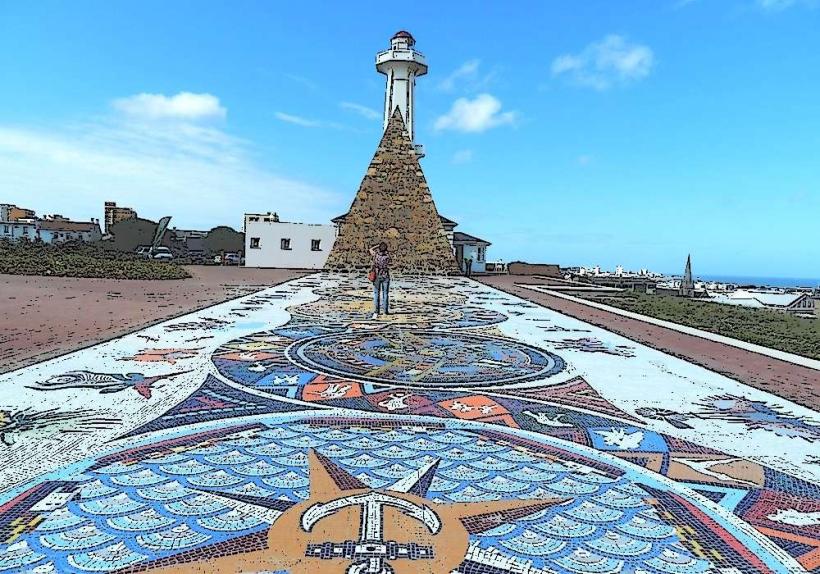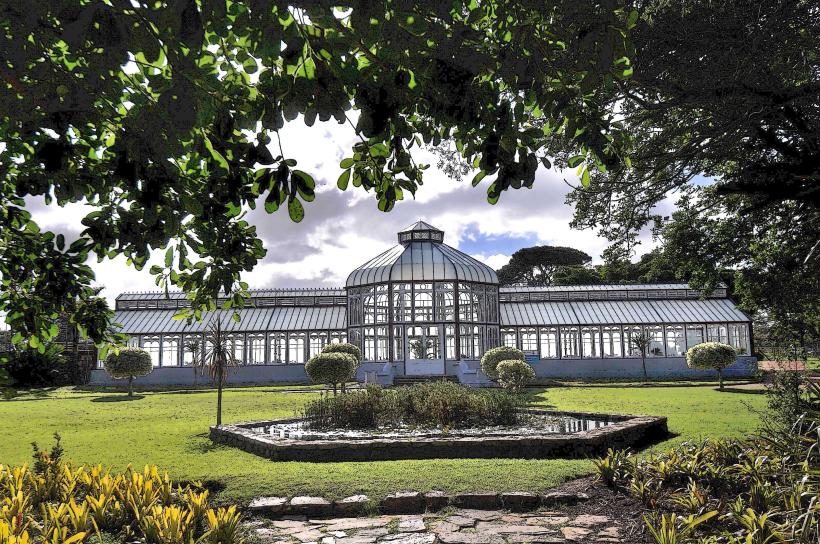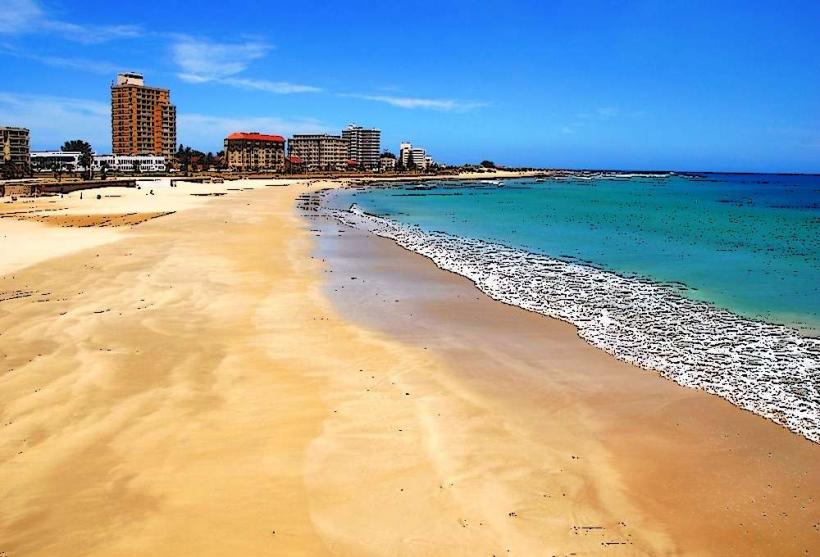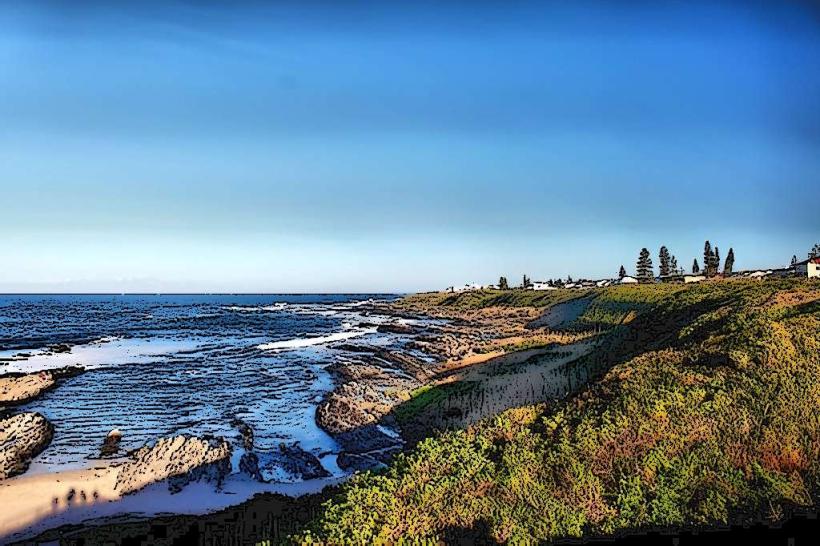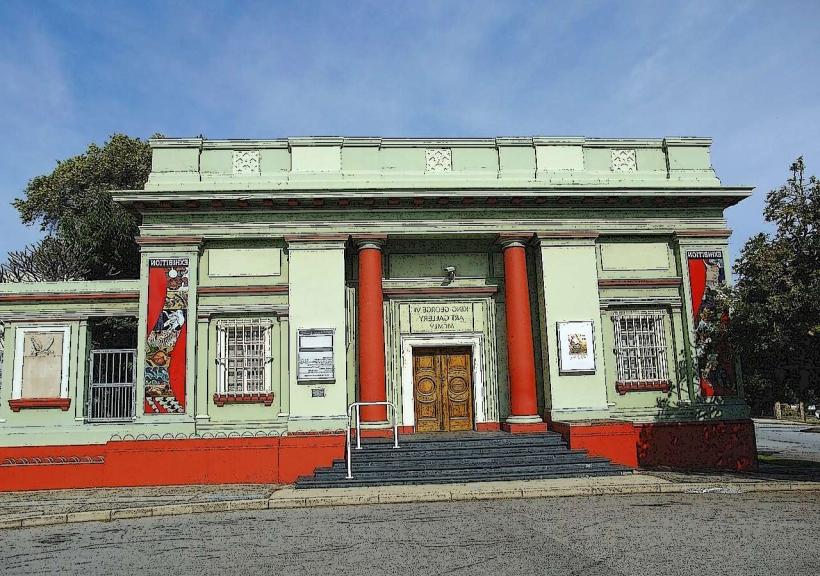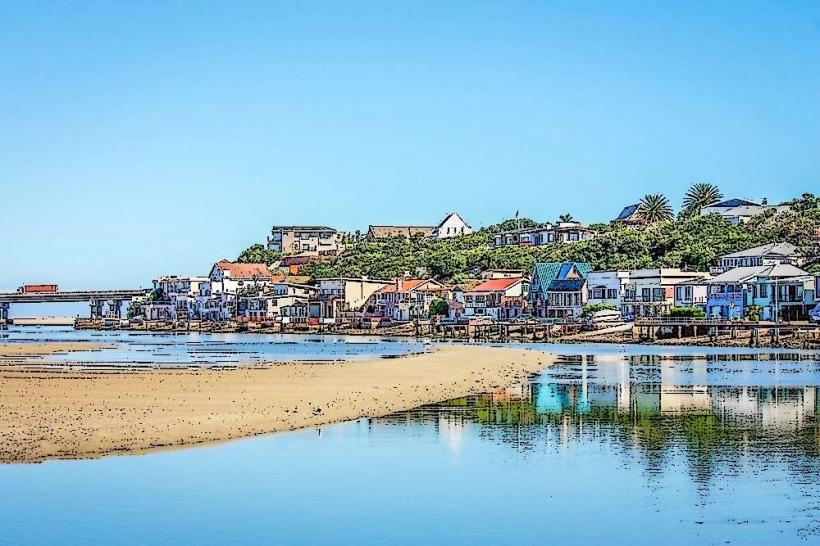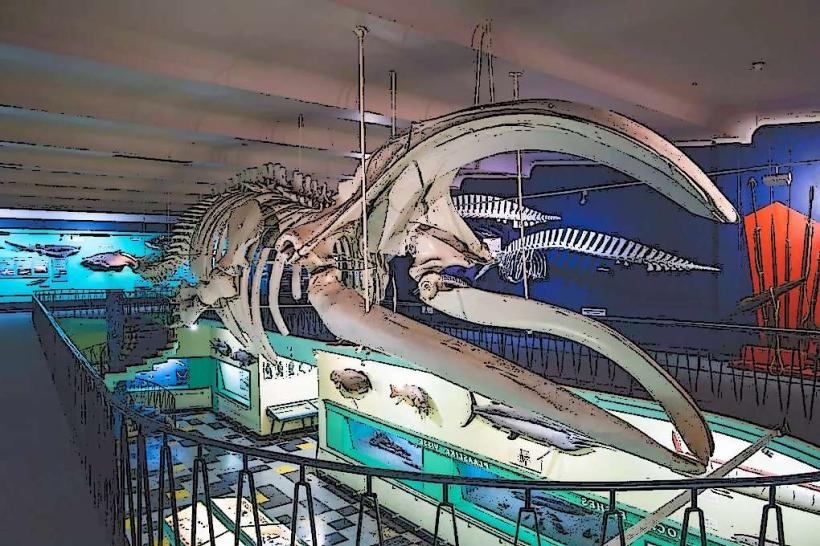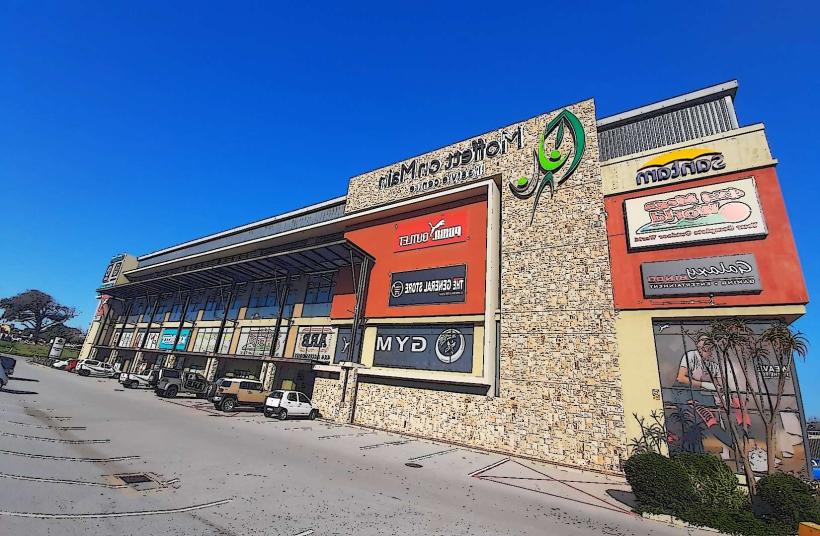Information
Landmark: Nelson Mandela Bay StadiumCity: Port Elizabeth
Country: South Africa
Continent: Africa
Nelson Mandela Bay Stadium, Port Elizabeth, South Africa, Africa
Nelson Mandela Bay Stadium is a multi-purpose stadium located in Gqeberha (formerly Port Elizabeth), South Africa.
It was constructed for the 2010 FIFA World Cup.
Visual Characteristics
The stadium features a distinctive bowl-shaped design with a steel roof structure. Its exterior is primarily clad in white and blue panels. The seating capacity is 48,459, expandable to 52,000. The architectural style is modern, incorporating elements of stadium design for large sporting events.
Location & Access Logistics
The stadium is situated approximately 5km from the Gqeberha city center. Access is via the M4 freeway, specifically the Settlers Way exit. Ample parking is available on-site, with designated areas for various vehicle types. Public transport options include MyCiTi bus routes that service the stadium precinct.
Historical & Ecological Origin
Construction commenced in 2006 and was completed in 2009. The stadium was designed by the architectural firm gmp Architekten. Its original purpose was to host FIFA World Cup matches and serve as a venue for other major sporting and cultural events.
Key Highlights & Activities
The stadium hosts professional football matches for Chippa United FC. It is also used for rugby union games and concerts. Guided stadium tours are available, offering access to the field, changing rooms, and hospitality suites. The surrounding precinct includes walking paths and green spaces.
Infrastructure & Amenities
Restrooms are located throughout the seating tiers. Shade is provided by the roof structure over most seating areas. Cell phone signal (4G/5G) is generally strong within the stadium. Food and beverage vendors operate during events, with additional options available in the nearby Baywest Mall.
Best Time to Visit
For optimal lighting for photography of the exterior, late afternoon (approximately 2-3 hours before sunset) is recommended. For attending events, check the official schedule. Weather in Gqeberha is generally mild year-round, with summer months (December-February) being warmer.
Facts & Legends
The stadium's design was inspired by the shape of a calabash, a traditional African gourd. It is one of the few stadiums built for the 2010 FIFA World Cup that is not located in a capital city.
Nearby Landmarks
- Baywest Mall - 1.2km West
- South African Air Force Museum - 3.5km Southwest
- McArthur Stadium - 4.0km Southwest
- St George's Park Cricket Ground - 4.8km Southwest


